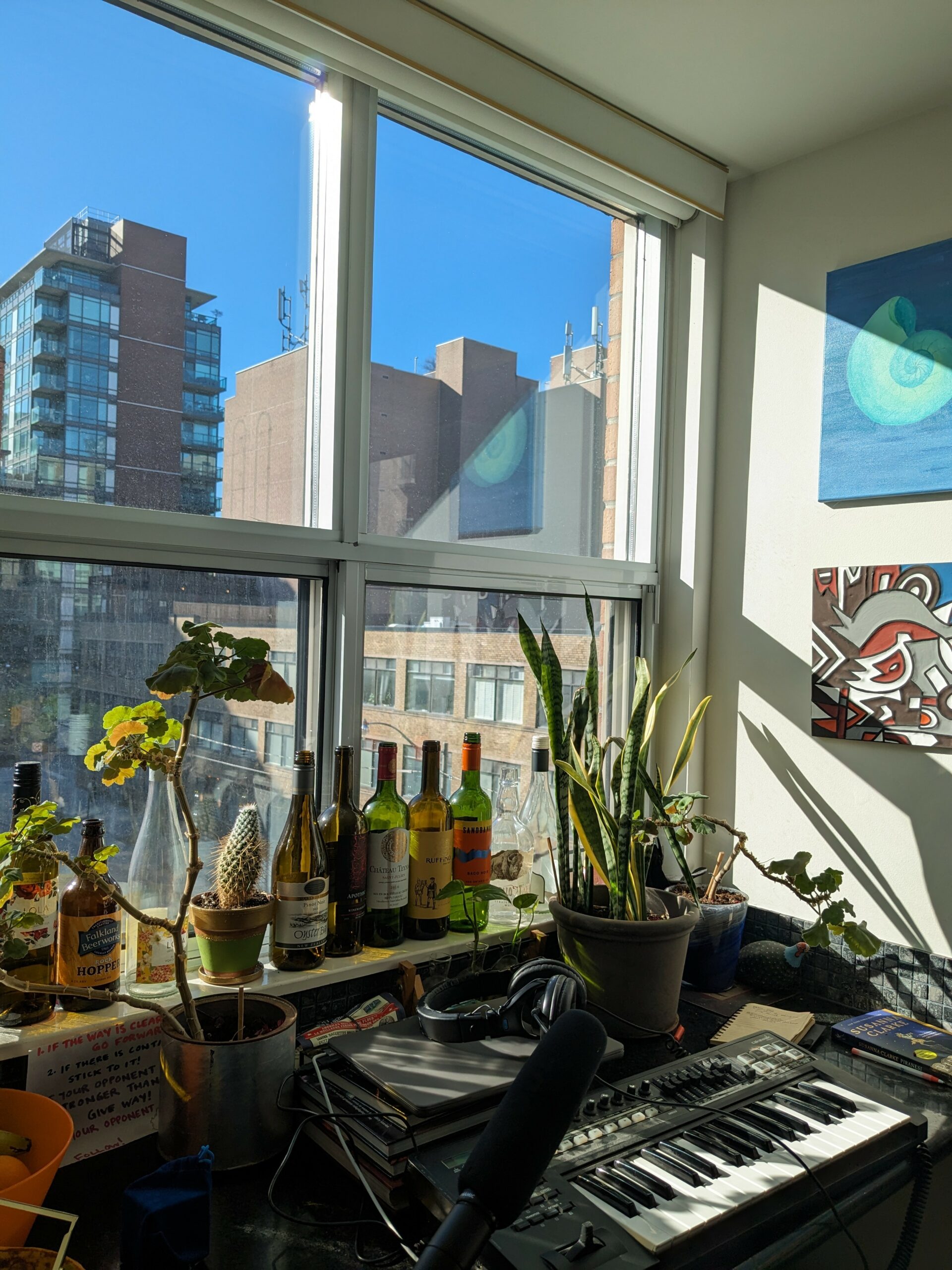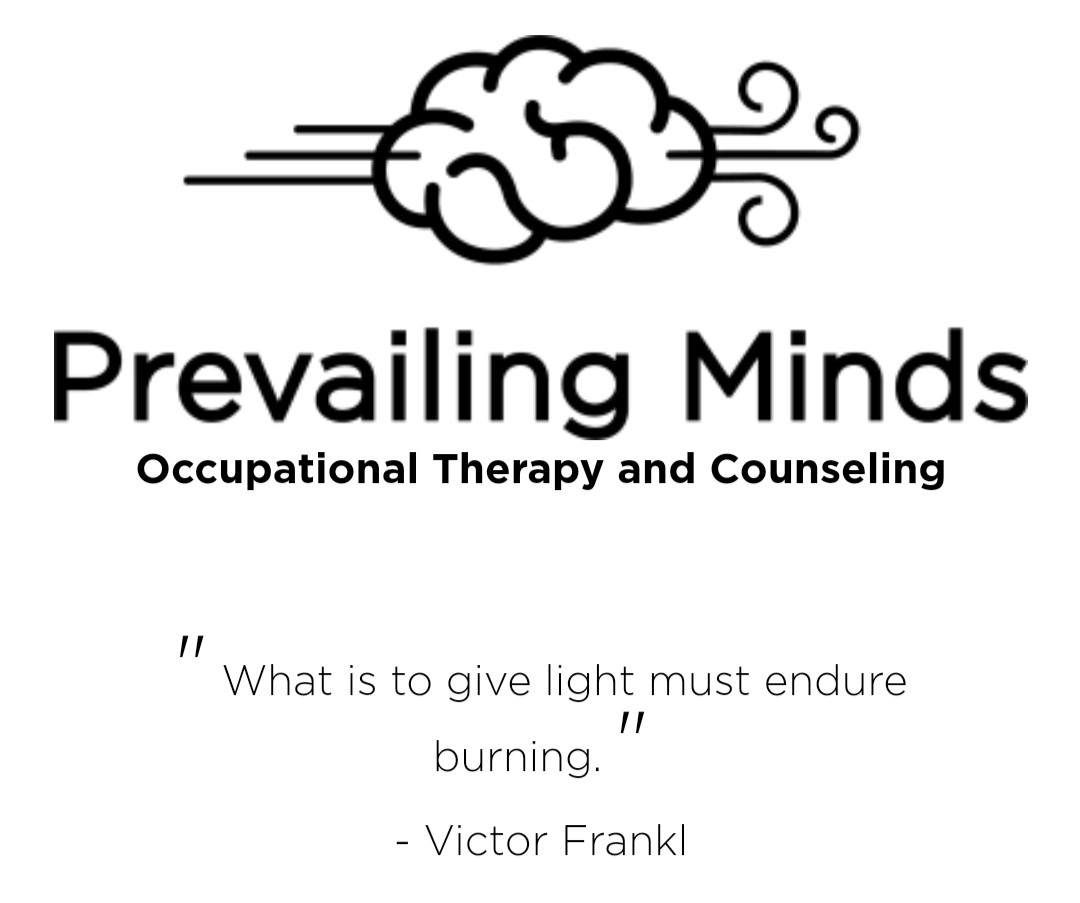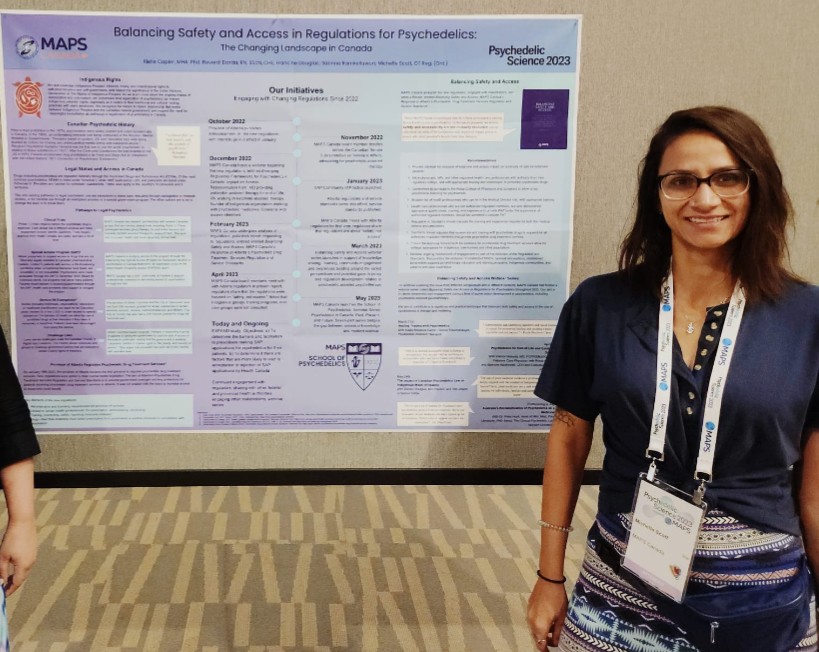We were lucky to catch up with Shel Scott recently and have shared our conversation below.
Shel , we’re so excited for our community to get to know you and learn from your journey and the wisdom you’ve acquired over time. Let’s kick things off with a discussion on self-confidence and self-esteem. How did you develop yours?
I suffered from an intense fear of failure as a child and am a recovering perfectionist. As I’ve aged, I’ve found that there is an inverse relationship between age and caring about what others think. This has been truly liberating. I’ve realized more and more that life is about processes, not products, and that we are process-oriented beings. Being surrounded by a loving community of people who encourage me to try even when I’m not skilled at something has been a essential to my personal growth in this sphere.
Great, so let’s take a few minutes and cover your story. What should folks know about you and what you do?
I am a mental health occupational therapist (OT), drug policy researcher, and musician living in Toronto ON Canada. I believe that OT is the practical application of existential philosophy – it is the “doing” approach to therapy that seeks to help people maximize meaning and purpose in their lives regardless of the life challenges they are facing. I primarily work with clients with eating disorders but see folks with all manner of challenges. I have been running my own private practice full time since 2019 and offer a sliding-scale service and aspire towards operating from an anti-oppressive lens. I use a combination of traditional OT approaches such as task analysis and environmental interventions, to psychotherapeutic approaches, to mindfulness, to existential approaches like Logotherapy, and therapeutic use of self and my own lived experience to inform my practice. I love what I do and feel so grateful to be able to enable people along their healing journeys.
In addition, I also engage in psychedelic drug policy research with two nonprofits, the Multidisciplinary Association for Psychedelic Studies (MAPS) Canada and Heroic Hearts Project Canada. We are conducting studies examining how Canadians are accessing psychedelics and psychedelic assisted therapy. My long-term goal is to be able to contribute to progressive policy that allows for safe and accessible to psychedelic therapy for all who would benefit.
I am also a musician (Shel Khan on Spotify and other platforms). My music often has existential lyrical themes and is a blend of alternative rock, folk, soul, and industrial music.
In my spare time I practice Wing Tsun Kung Fu, enjoy cross-cultural connections and language learning at a wonderful Spanish-English language exchange, and love spending time outdoors biking and playing disc golf.
Looking back, what do you think were the three qualities, skills, or areas of knowledge that were most impactful in your journey? What advice do you have for folks who are early in their journey in terms of how they can best develop or improve on these?
1. I am incredibly organized – I have lists for everything and absolutely everything goes in my Calendar. I colour code my calendar according to which type of activity I’m engaged in. I use mnemonics for everything, alarms, 2. If I can do something now and get it off my plate, I do it immediately and don’t let it wait. Otherwise it goes on the TO DO list. I will use self talk to start tasks as I find starting something is often the hardest part of getting anything done. I break tasks down into small steps and cross those off as I get through them.
3. I was off social media completely for many years and just recently got on Instagram for my music. I use screen limiters, plug my phone in in the evenings, and use mindfulness apps to limit mindless scrolling.
Thanks so much for sharing all these insights with us today. Before we go, is there a book that’s played in important role in your development?
Victor Frankl’s Man’s Search for Meaning outlines his time as a prisoner in Auschwitz and then how he used his experiences there to develop his existential system of psychotherapy called Logotherapy. It’s a very difficult read but absolutely amazing.
Freud argued that the main aspect of human nature is the will to pleasure, Nietzsche argued that it is the will to power. Frankl argued that the main driving factor of human life is the will to meaning. We strive to develop a sense of meaning and purpose above all else.
He argued that rather than being found in big accomplishments or adventures, the majority of meaning in life is found through small instances, what he refers to “The meaning in the moment.” We have to be open to finding these small meaningful moments. Logotherapy helps people maximize this awareness.
He also discusses ways that humans develop meaning and purpose. I developed a mnemonic device to remember the three main ways:
Connection: We find meaning through connecting to other people, connecting to nature, and generally sharing experiences.
Creativity: We find meaning through creative endeavours, where creative in this instance refers to the creation of anything that was not there before, whether it is a piece of art or a new way of solving a problem.
Cause: We find meaning through devoting our energies to purposes that are greater than any individual life.
These are often interrelated.
Contact Info:
- Website: www.prevailingminds.ca
- Instagram: https://www.instagram.com/shelkhanmusic?igsh=MXdpMGM3cWwzMHhxcw==
- Linkedin: https://www.linkedin.com/me?trk=p_mwlite_feed_updates-secondary_nav
- Youtube: https://youtube.com/@shelkhanmusic?si=kUqzP99eV2sfSEMy
- SoundCloud: https://on.soundcloud.com/nfZGk
- Other: https://shelkhan.bandcamp.com/track/honest








